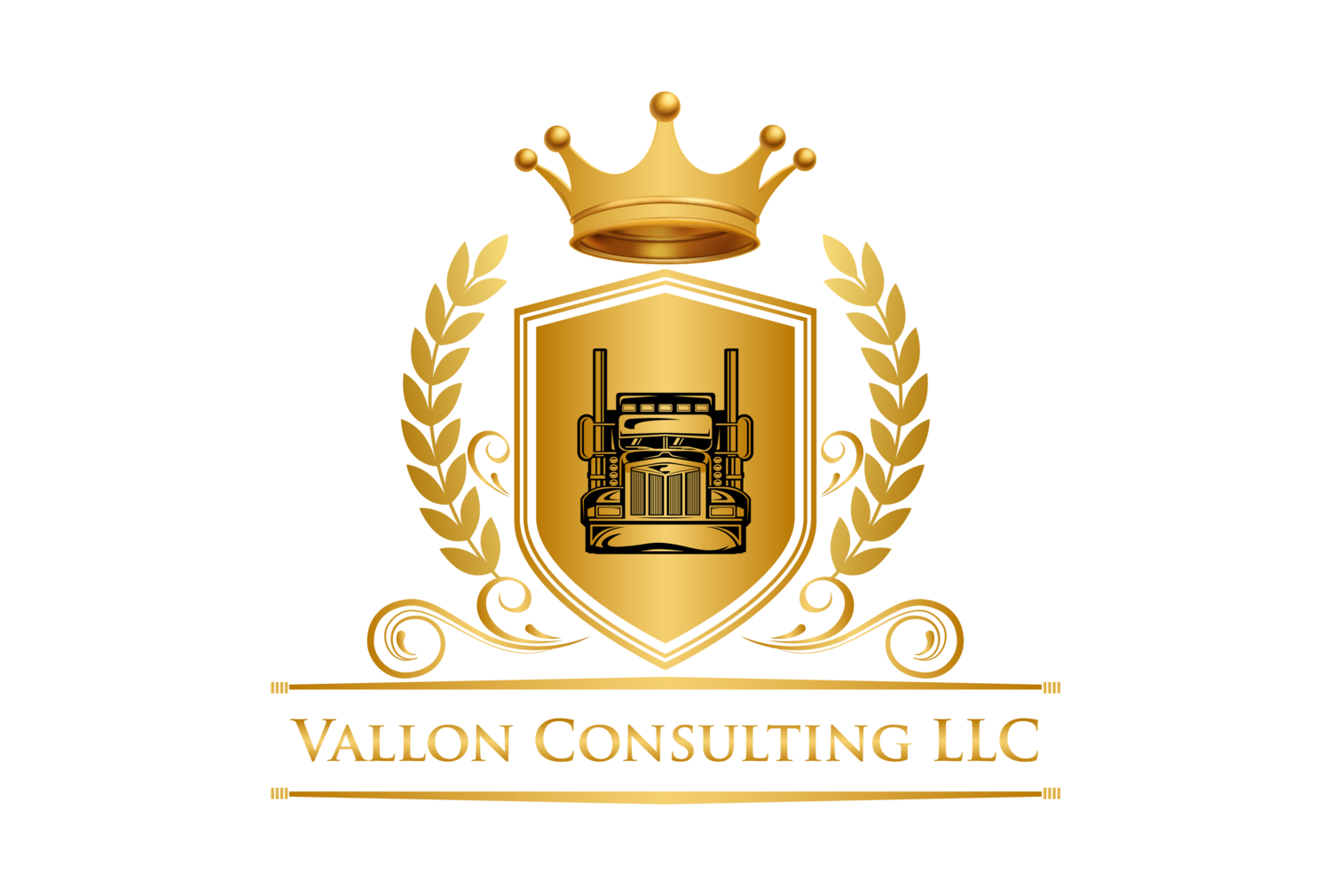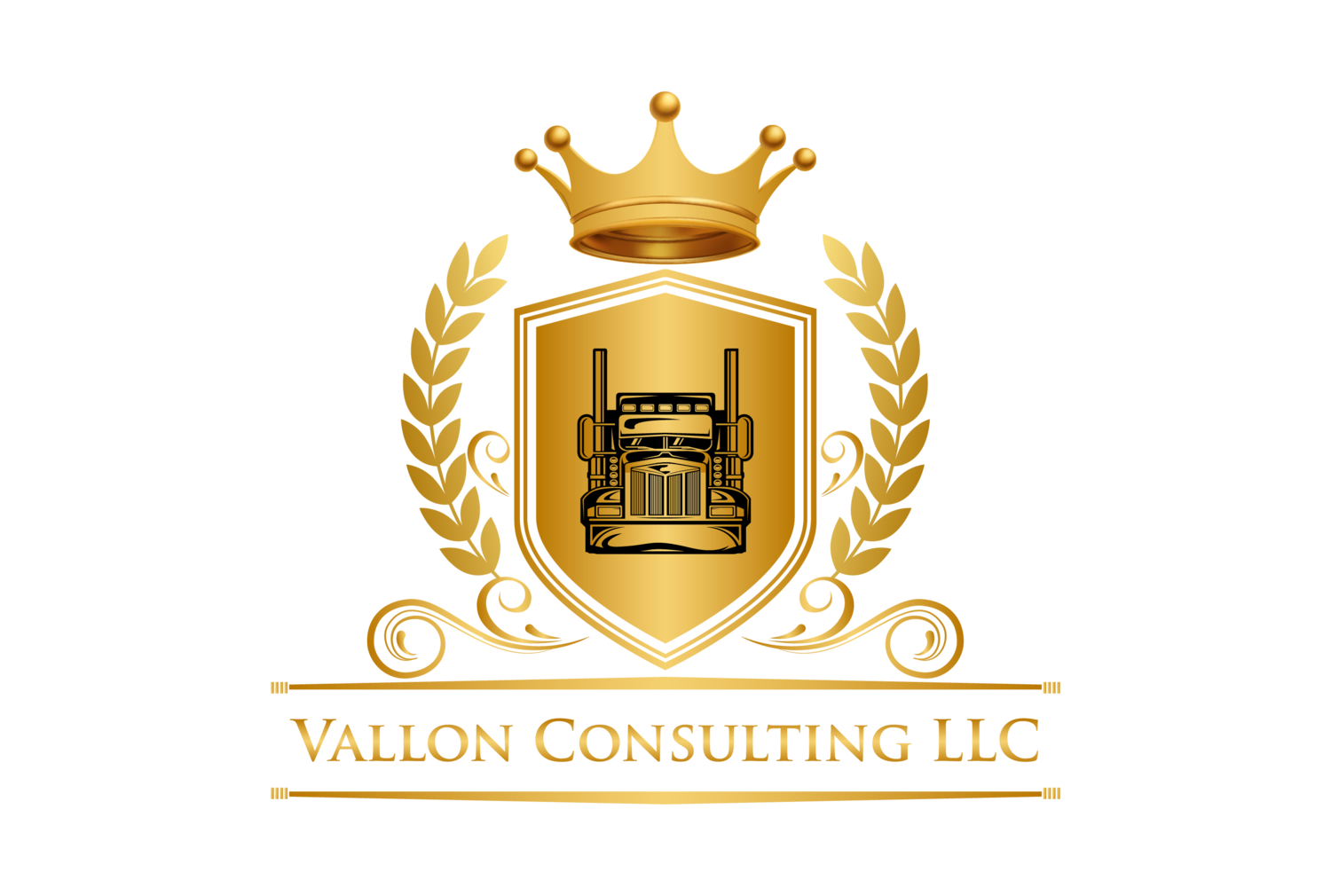Ensuring Safety on the Road: A Guide to DOT Drug and Alcohol Testing for Trucking Companies
Safety is a critical aspect of the transportation industry, especially when it comes to trucking companies. With large vehicles and long hours on the road, it is crucial for employers to prioritize the well-being of their drivers and other road users. One effective way to ensure safety is by implementing Drug and Alcohol Testing programs in accordance with the Department of Transportation (DOT) regulations. In this blog post, we will guide you through the essential aspects of DOT Drug and Alcohol Testing for trucking companies.
Why is DOT Drug and Alcohol Testing important?
The DOT has specific regulations that trucking companies must adhere to when it comes to Drug and Alcohol Testing. Here are the key elements of DOT Drug and Alcohol Testing:
Pre-employment testing: Before hiring a driver, trucking companies must conduct a drug test as part of the pre-employment screening process. This helps ensure that applicants are not using illegal substances.
Random testing: Employees are subject to random drug and alcohol testing throughout their employment. The randomness of these tests helps deter employees from using drugs or alcohol on the job.
Post-accident testing: After an accident, trucking companies must conduct drug and alcohol tests on the involved drivers. This helps determine if substance abuse played a role in the incident.
Reasonable suspicion testing: If there is reasonable suspicion that a driver is under the influence of drugs or alcohol, the employer can request a test. Signs of impairment may include slurred speech, unsteady movements, or erratic behavior.
Return-to-duty testing: After testing positive or refusing a test, employees need to complete the required steps for rehabilitation and subsequently pass a return-to-duty test before resuming their duties.
Follow-up testing: Employees who have returned to work after testing positive or refusing a test will be subject to unannounced follow-up testing. This helps ensure continuous sobriety and monitors their long-term recovery.
Implementing a DOT Drug and Alcohol Testing program
To implement a successful DOT Drug and Alcohol Testing program, trucking companies must follow these steps:
Develop a clear policy: Create a comprehensive drug and alcohol policy that outlines the company's commitment to safety and compliance with DOT regulations. Make sure the policy includes details about testing procedures, repercussions for violations, and employee assistance programs.
Educate employees: Train employees on the DOT regulations, the company's drug and alcohol policy, and the consequences of non-compliance. This education will ensure that everyone understands their responsibilities and the importance of a drug and alcohol-free workplace.
Choose a certified testing provider: Select a certified Drug and Alcohol Testing provider that complies with DOT requirements. These providers will conduct the tests accurately and provide reliable results.
Schedule and conduct tests: Implement a system for scheduling and conducting the various types of tests required by DOT regulations. This may involve coordinating with the testing provider, maintaining records, and ensuring timely testing when required.
Maintain confidentiality: Ensure that test results and related information are kept confidential and only shared with authorized individuals. Confidentiality is crucial to protect the privacy and rights of employees.
Monitor and enforce compliance: Regularly review and monitor the program's effectiveness, ensuring that employees adhere to the testing requirements. Enforce consequences for violations consistently and fairly.
By following these steps, trucking companies can establish a robust DOT Drug and Alcohol Testing program that prioritizes safety and compliance.
Conclusion
Ensuring safety on the road is paramount for trucking companies. Implementing a DOT Drug and Alcohol Testing program is an effective way to prevent substance abuse and maintain a safe work environment. By adhering to the regulations set by the DOT, companies can protect their drivers and other road users, reducing the risk of accidents and ensuring a more secure transportation industry overall.
Elevate your trucking safety standards with LabworksUSA's DOT Drug & Alcohol Testing Consortium, in collaboration with Vallon Consulting. LabworksUSA offers streamlined testing processes and cutting-edge solutions to ensure compliance with DOT regulations, while Vallon Consulting provides expert guidance tailored to the unique challenges of the trucking industry. Experience the assurance of industry-leading testing services and specialized consulting, setting a new benchmark for excellence in trucking safety and regulatory compliance.
About Vallon Consulting LLC: Vallon Consulting is A Full-Service Trucking Consulting Company that tackles some of the most critical challenges and obstacles in the trucking industry. Our diverse global team is passionate about helping carriers and fleet managers meet their goals and ensure business stability. We do this by providing services, solutions, resources, and education.
At Vallon Consulting, We Take A “No Carrier Left Behind” Approach. Our Mission is to provide services and resources that address our client’s unique needs. You can learn more about us online at www.vallonconsulting.com and stay tuned with industry updates by following us on Instagram, LinkedIn, Facebook, and Twitter.


